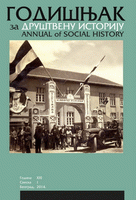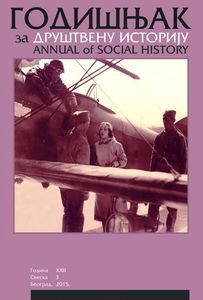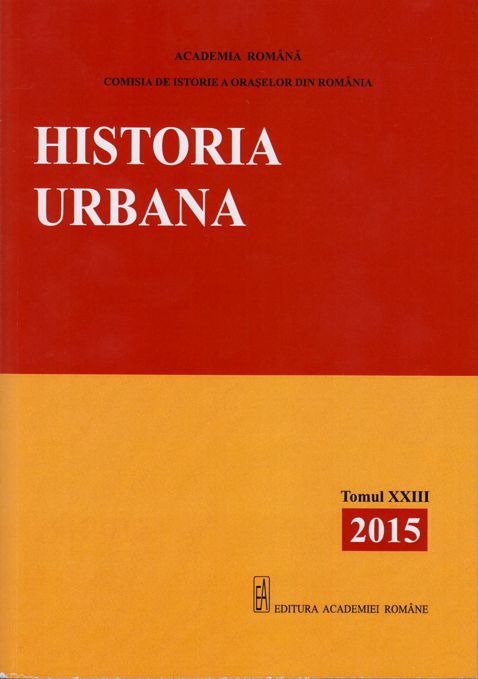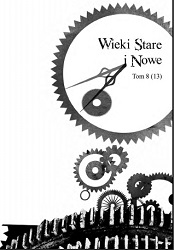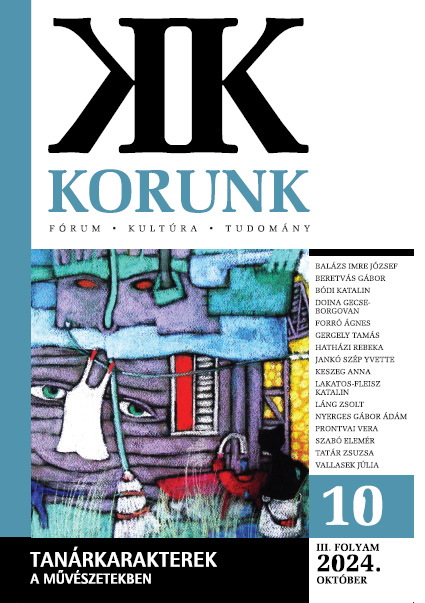Author(s): Joanna Sadowska / Language(s): Polish
Issue: 03/2015
As a result of World War II, Białystok ceased to be a centre of Jewish life as, out of a community of some 50,000 only about 1,000 Jews survived the war. Many of the Jews who returned to Białystok left the town quite soon, having found none of their relatives nor their own homes and encountered an unfriendly attitude of the locals toward them. Most of the assets of the Jewish inhabitants and institutions which were left standing when the war was over were taken over by the state, with just one synagogue remaining open. In the first postwar years, the town saw an influx of Jewish immigrants from the east, who joined for an interim period the local community, living in hard conditions. The Voivodship Jewish Committee provided comprehensive care over its members. It ran a canteen, a care centre for the elderly, day care centre for children, and an infirmary. Its activity also included supporting business undertakings, culture, education, upholding the memory of Holocaust victims. In order to create jobs, several Jewish cooperative were set up, e.g., a bakery, a tailoring shop, a cobbler’s shop and a blacksmith’s. For several years, a small, 4-grade, general school with classed in Jewish language also existed.Białystok Jews’ political activity after the war was low-key, with small Bund, Ichud and Ha-Shomer ha-Tsair units operating in the town, and there was also the Jewish Faction of the Polish Workers Party. Despite the efforts to improve the living conditions of the Jewish community of Białystok, their number were shrinking fast. As a result of emigration to Israel and also migrations to the so-called regained territories, only 300 were still living in Białystok in 1950. For this reason, and also due to the policies of the Stalinist authorities, by the end of the 1940s almost all the Jewish institutions in the town were wound up. All that was left were the not very vibrant religious congregation and a branch of the Socio-Cultural Jewish Society, which were unable to meet the expectations of the community
More...


